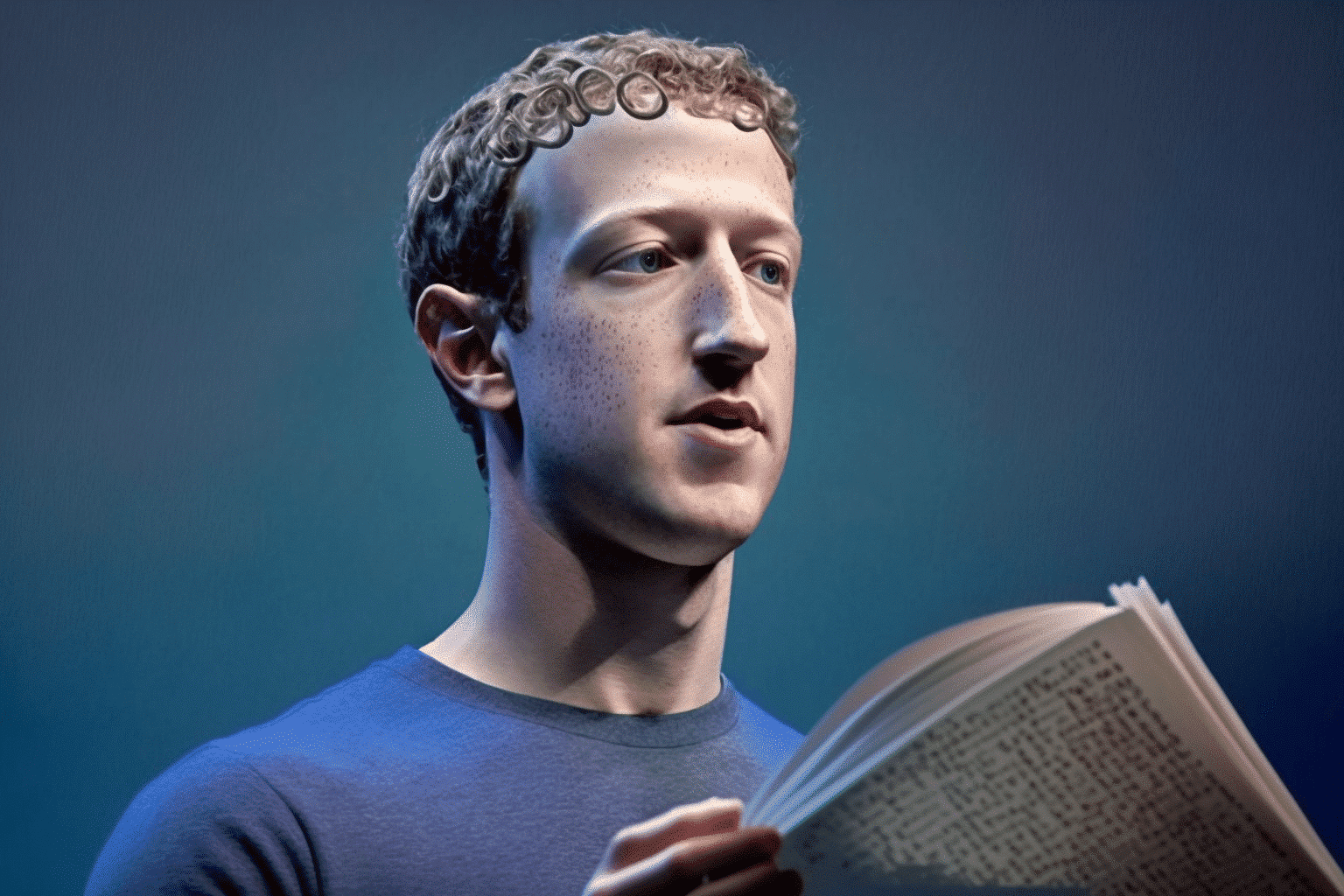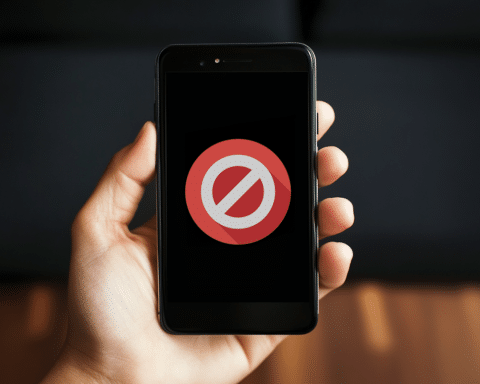In the coming months, Meta, the company that owns Facebook and Instagram, is launching a new subscription service offering users verified accounts.
Beginning this week, testing for the “Meta Verified” service will take place in Australia and New Zealand before expanding to other countries.
The service will cost $11.99 per month on the web or $14.99 per month for Apple and Android users and will use government identification to verify an account and award it with a blue badge.
Previously, these blue badges were only available for public figures and businesses, but now subscribers will receive extra protection against impersonation and direct access to customer support.
According to Meta CEO Mark Zuckerberg, the new feature aims to increase the platform’s authenticity and security.
Public figures who have already been verified will not be affected, but the service is targeted toward influencers and business individuals who are not notable in the public eye.
After Twitter, Meta introduced its verified account subscription service, “Twitter Blue,” for $8 per month.
Twitter recently announced that users will no longer be able to secure their accounts with two-factor authentication unless they pay the monthly subscription fee.
As online advertising slows, social media companies are seeking new revenue sources. Despite increased users, Meta recently reported its third consecutive quarter of declining revenue and laid off 11,000 employees in November.
Critics argue that the new subscription service is an attempt by Meta to generate additional revenue and monetize its user base. Some believe that the company’s recent financial struggles are the main driving factor behind the introduction of Meta Verified.
However, supporters argue that the service will increase the overall security and authenticity of the platform and that the fee is reasonable for the benefits provided.
They also point out that other social media platforms already offer similar services, which is simply Meta’s attempt to keep up with the competition.
Regardless of the reasons behind it, the launch of Meta Verified marks a significant shift in the company’s strategy and may have far-reaching consequences for the future of social media.
It remains to be seen how users will respond to the new service and whether it will be successful in generating additional revenue for the company.




